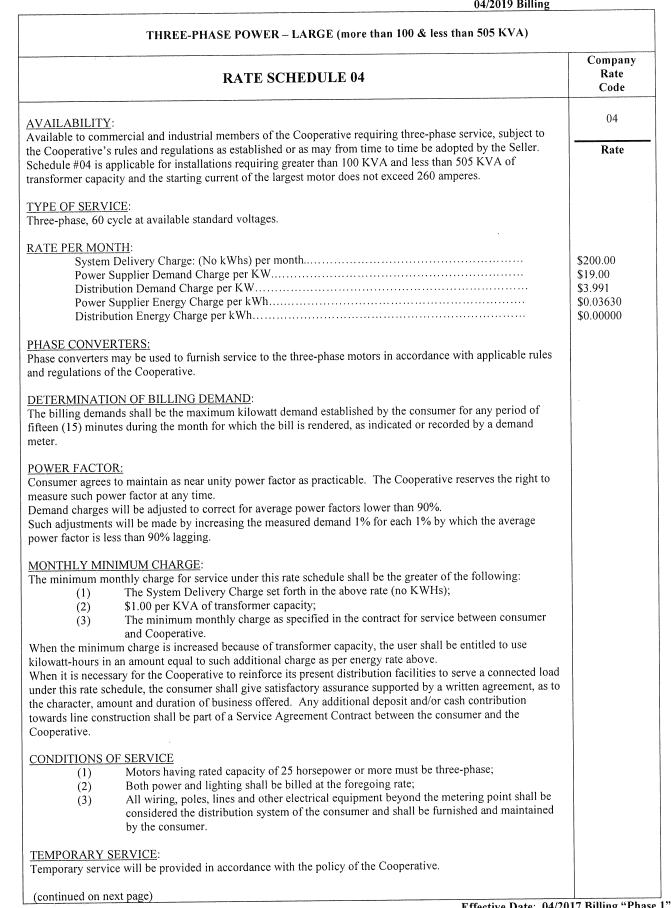ChrisCon
Well-known member
- First Name
- Chris
- Joined
- Jan 7, 2022
- Threads
- 31
- Messages
- 515
- Reaction score
- 948
- Location
- The Hamptons, NY
- Vehicles
- '22 Carbonized Grey Lightning Lariat ER
A poster above mentioned that they paid .17 per KWH in Massachusetts with EA. Should be noted here that it's because MA is a state that they charge by the minute.
In Connecticut, they charge by kWh at EA . its .31 with the pass. Your electric cost per kWh will always be lower than that. Only you will be able to figure out the breakeven cost based on your driving.
I live on the east end of Long Island in NY. My FCSP cost $600.00 to install as it was a short run. My electricity costs are also extremely high. My breakeven has already occurred.. As always with all of this, your mileage may vary because everyone has a different living and driving situation.
So it took over a month to get my FCSP installed and I spent a lot of time at two EA 350 kWh chargers. Many people were the chatty type and wanted to learn about my truck and shared information about their vehicles with me, and anecdotally it was people who either lived in apartments near the chargers there or people who had free EA charging vehicles (Kia vehicles, IONIQ, Polestar 2 ) . The other people charging there were tourists (frequent Porsche stop) .
I bring this up, because it further shows how everyone will have a different situation that will decide for them what the best way to charge is. I will say, I'm extremely happy that I never have to visit those extremely nice EA stations by me again as they are just a huge time suck. It's amazing to wake up each morning with a charged vehicle at home.
In Connecticut, they charge by kWh at EA . its .31 with the pass. Your electric cost per kWh will always be lower than that. Only you will be able to figure out the breakeven cost based on your driving.
I live on the east end of Long Island in NY. My FCSP cost $600.00 to install as it was a short run. My electricity costs are also extremely high. My breakeven has already occurred.. As always with all of this, your mileage may vary because everyone has a different living and driving situation.
So it took over a month to get my FCSP installed and I spent a lot of time at two EA 350 kWh chargers. Many people were the chatty type and wanted to learn about my truck and shared information about their vehicles with me, and anecdotally it was people who either lived in apartments near the chargers there or people who had free EA charging vehicles (Kia vehicles, IONIQ, Polestar 2 ) . The other people charging there were tourists (frequent Porsche stop) .
I bring this up, because it further shows how everyone will have a different situation that will decide for them what the best way to charge is. I will say, I'm extremely happy that I never have to visit those extremely nice EA stations by me again as they are just a huge time suck. It's amazing to wake up each morning with a charged vehicle at home.
Sponsored
Last edited:



